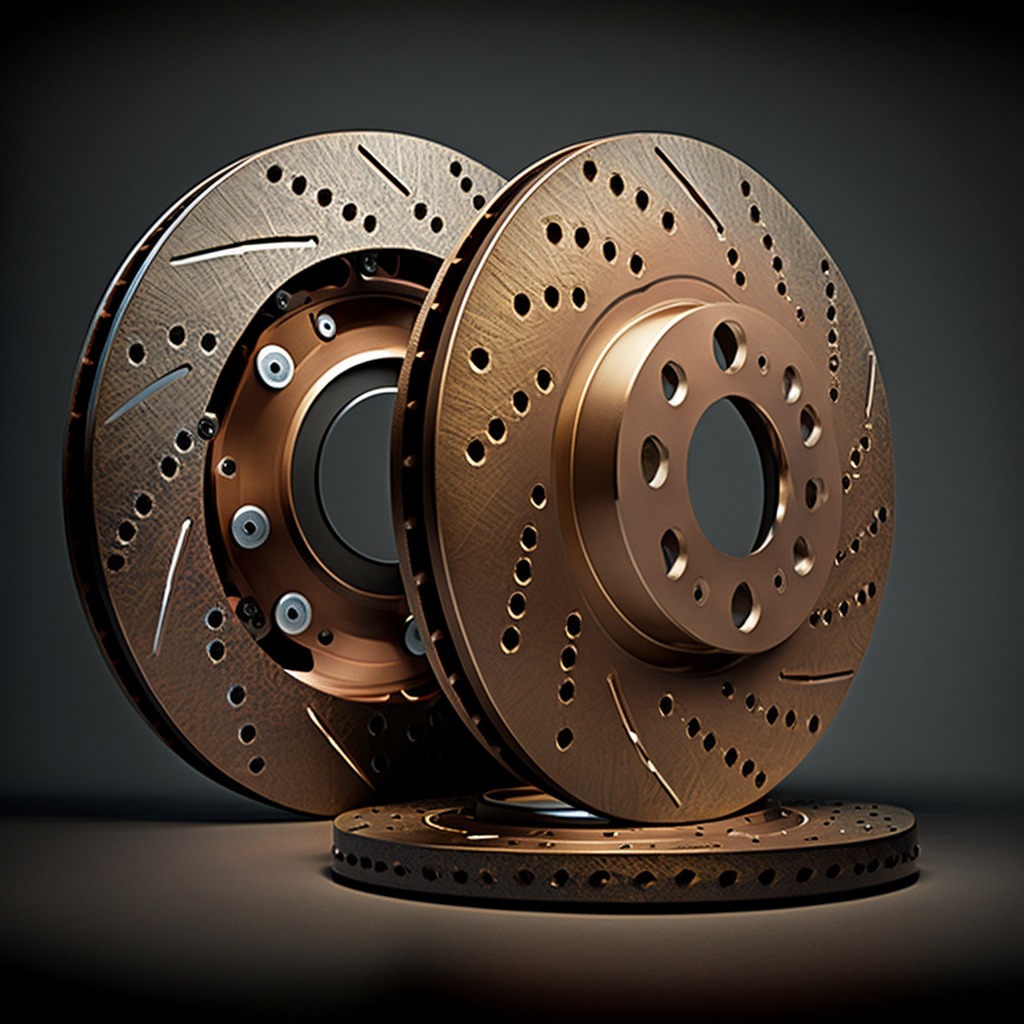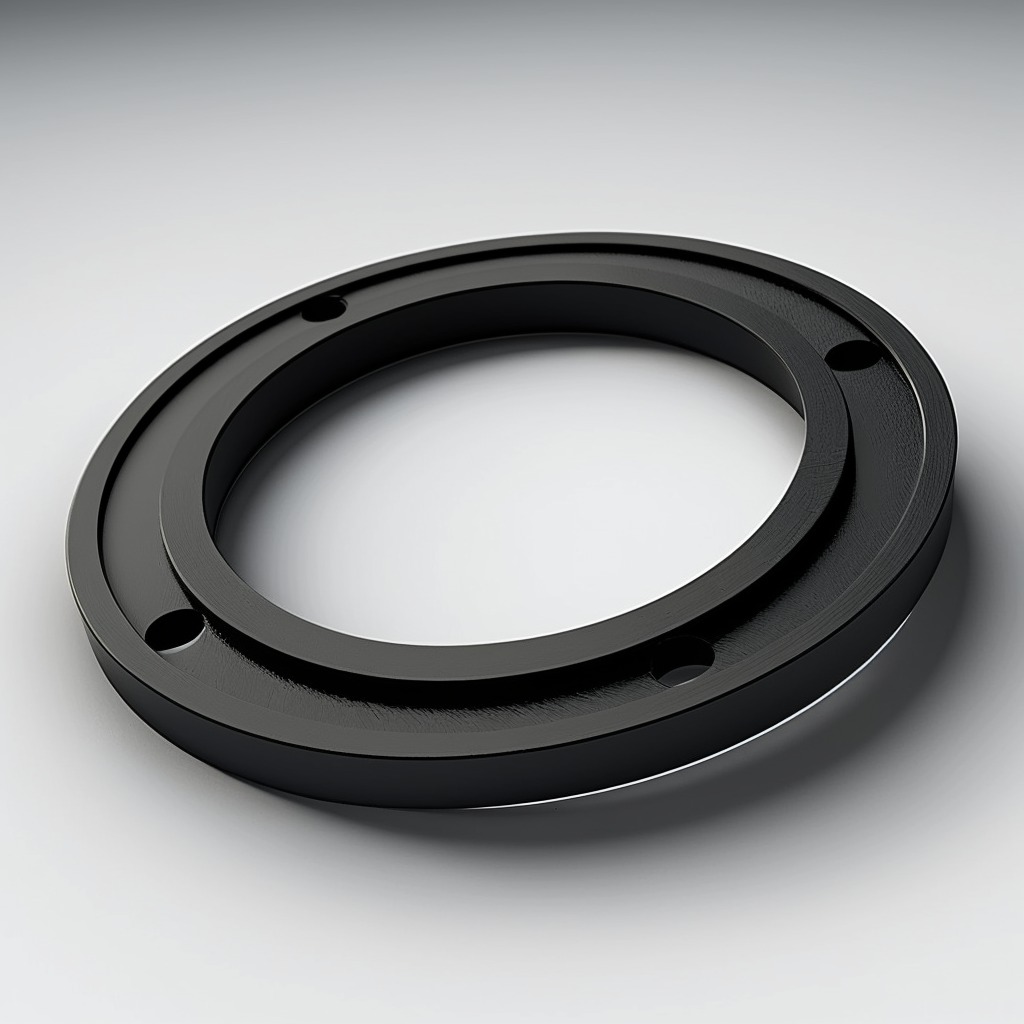Brake cleaner is a commonly used solvent that is designed to remove brake dust, oil, and other contaminants from brake components. It is a powerful cleaning agent that is effective in removing stubborn grime and dirt. However, there is some concern among users that brake cleaner could potentially damage rubber seals.
Rubber seals are commonly found in brake systems and are used to prevent leaks and keep brake fluid contained. Rubber seals can be made from a variety of materials, including natural rubber, neoprene, and nitrile. These materials are chosen for their durability and resistance to chemical degradation, but they can still be vulnerable to certain chemicals.

Brake cleaner is a chemical solvent that is designed to dissolve and remove contaminants from brake components. It contains a mixture of chemicals, including acetone, toluene, and methyl ethyl ketone (MEK). These chemicals are known to be aggressive solvents that can damage some materials.
Rubber seals are generally resistant to solvents, but they can still be damaged by certain chemicals. The severity of the damage depends on several factors, including the type of rubber used, the duration of exposure, and the concentration of the solvent.
In general, natural rubber seals are the most susceptible to damage from solvents. This is because natural rubber is more porous than other types of rubber and is more likely to absorb solvents. Neoprene and nitrile rubber seals are more resistant to solvents, but they can still be damaged if they are exposed to high concentrations of solvents for an extended period of time.

The effects of brake cleaner on rubber seals can vary depending on the specific brand and formulation of the cleaner. Some brake cleaners are formulated to be less aggressive and may be less likely to damage rubber seals. Others are designed to be more powerful and may pose a greater risk of damage.
To minimize the risk of damage to rubber seals, it is important to use brake cleaner in a well-ventilated area and to follow the manufacturer’s instructions carefully. It is also important to avoid prolonged exposure of rubber seals to brake cleaner. If you are unsure whether a particular brake cleaner is safe to use on rubber seals, it is best to test it on a small, inconspicuous area before using it on the entire component.
In summary, brake cleaner can potentially damage rubber seals, particularly those made from natural rubber. However, the risk of damage can be minimized by using the cleaner properly and avoiding prolonged exposure to rubber seals. If you are unsure about the safety of a particular brake cleaner, it is best to err on the side of caution and seek professional advice before using it.
